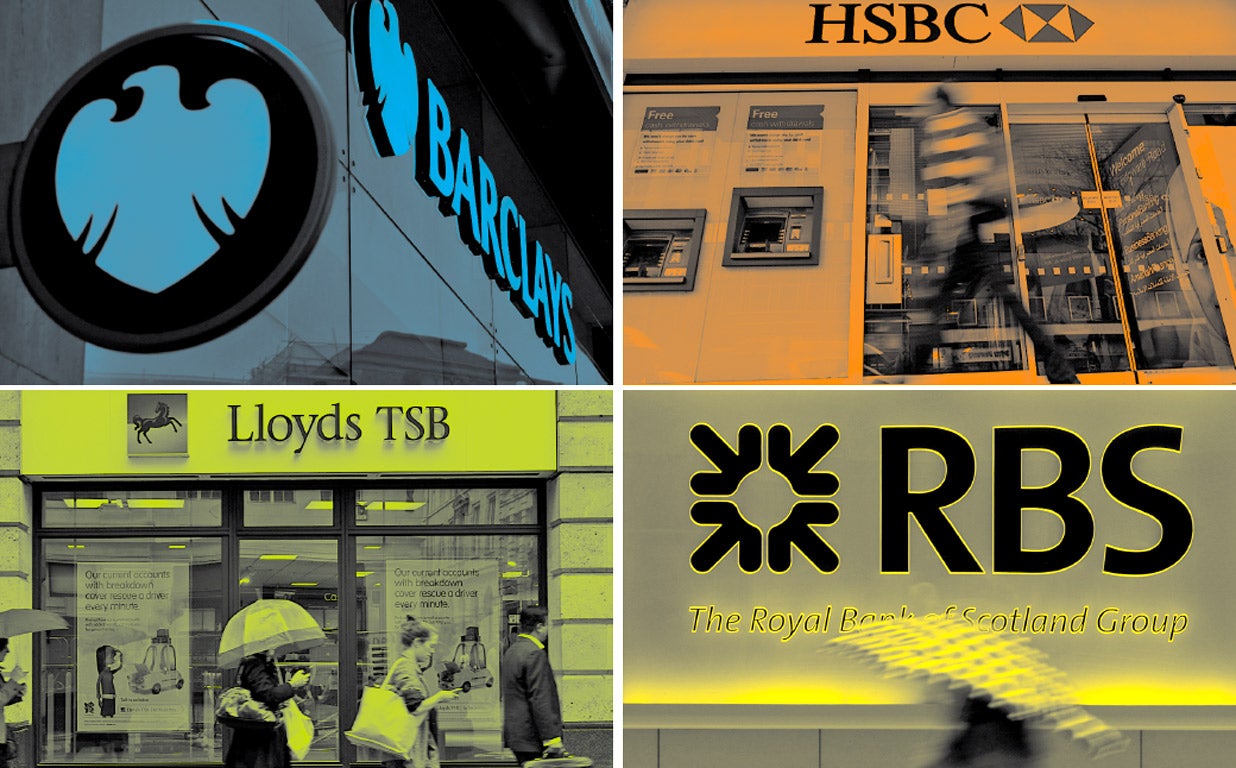It’s in the direct interest of banks to lend to struggling companies – so why do they need to be told that?
The Bank of England is right to argue that banks will be better off if they lend to struggling small firms. But the fact that the regulator even has to make this argument reflects a failure of reform over the past decade, says Ben Chu


Last month the Business Secretary Alok Sharma told the banks that it was time to get with the programme and dramatically step up the distribution of emergency loans to UK businesses stricken by the coronavirus lockdown.
“Just as the taxpayer stepped in to help the banks back in 2008, we will work with the banks to do everything they can to repay that favour and support the businesses and people of the United Kingdom in their time of need,” he said.
In other words: it’s payback time for those multi-billion pound taxpayer bailouts more than a decade ago.
But that political stick has now been complemented by the Bank of England’s analytical carrot.
In its latest Financial Stability Report, the monetary authority notes that it might seem to make financial sense to individual banks to hold back lending to companies which might be at risk of not making it to the other side of this crisis.
A loan that’s not repaid is, of course, a loss for the bank that made it.
Yet the Bank of England argues that if this risk-averse lending approach were to be adopted by the whole private banking sector it would turn out to be self-defeating.
Why? Because any losses avoided by an individual bank would be swamped by other losses, spilling over from the larger economic damage that would result from lending conservativism.
A small business goes bust because a bank won’t lend to it. Its employees lose their jobs and house prices fall more than they otherwise would.
Those redundant employees, now in negative equity, default on their mortgages. The bank that wrote the mortgage takes a loss. Multiply this story through the economy and the aggregate losses for banks are smaller than the aggregate savings made from not making bad loans.
“By providing essential credit to the economy, supported where necessary by government guarantee schemes, banks will ensure a better outcome for themselves,” says the Bank’s deputy Governor Jon Cunliffe.
One doesn’t need to accept the specific numbers the Bank puts on these relative losses to recognise that the basic principle has to be right. No bank is a financial island – especially during an unprecedented collapse in economic activity that threatens mass bankruptcy.
But one might wonder why Bank feels the need to make this argument to lenders more than decade after the financial crisis.
For more than a decade academics and activists have been urging the creation of a German-style local banking system in the UK, where individual managers are expected to know intimately the small and medium-sized companies to which they extend loans.
It’s in a recession when this type of “relationship banking” yields particular benefits because managers are able to extend credit with a decent level of judgement about whether the individual firm that has cash flow problems is likely to be able to make repayments when the storm is over.
In Germany, banks don’t need political threats or regulatory persuasion to do the right thing by their client companies in a crisis. What a shame UK politicians and policymakers passed up the opportunity to move in that direction when they had the chance.
Join our commenting forum
Join thought-provoking conversations, follow other Independent readers and see their replies
Comments